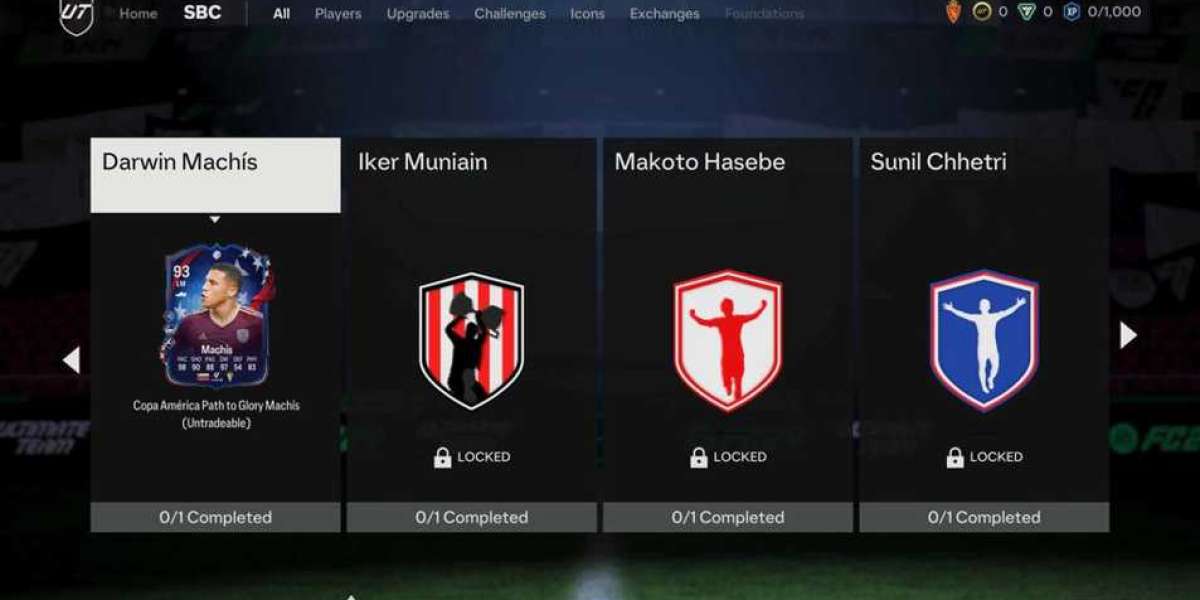While you've always wanted to learn a new language, it hasn't always been possible to find the time to do so while juggling family duties, housekeeping, and a demanding professional schedule. Perhaps retirement will open up new travel chances for you, and you'll want to be better prepared to explore the globe while you're at it.
For these and many other reasons, retirement is an excellent time to learn a new language, and bilingualism has been shown to have considerable health advantages for individuals of all ages – particularly for seniors seeking to improve brain function and stave off dementia.
In this article, you will learn about the advantages of learning a new language in your senior years, as well as the strategies that today's seniors are employing to become fluent in various languages faster.
THESE ARE THE 5 BENEFITS OF LEARNING A SECOND LANGUAGE.
It has been demonstrated that learning a second language can reduce the risk of developing Alzheimer's disease.
A number of studies have shown, with consistent findings, that being bilingual can help to postpone the beginning of Alzheimer's disease by as much as four years on average. "What we've been able to show is that in these patients...all of whom have been diagnosed with Alzheimer's and are all at the same level of impairment, the bilinguals on average are four to five years old – which means they've been able to cope with the disease," according to the findings of one study that examined the onset of Alzheimer's in 450 participants.
1. Knowing another language can make international travel less stressful. 2. Knowing another language can make international travel less stressful.
While juggling family duties, domestic tasks, and a profession, retirement frequently allows us to go on journeys that we otherwise would not have had the opportunity to take. Now that retirement has arrived, you have a great deal more free time on your hands, and you must determine how to use it. Many seniors take advantage of this opportunity to travel, and learning a second language may undoubtedly make you feel more at ease when traveling. Knowing more than the fundamentals will enable you to obtain directions, bargain for market pricing, and overall feel safer while immersing yourself in the culture to its fullest extent possible.
3. LEARNING A NEW LANGUAGE CAN IMPROVE YOUR INTELLIGENCE.
It has been demonstrated in studies that studying a foreign language may increase the functionality of your brain. The act of learning a new language tests the brain's ability to detect words, negotiate meaning, and communicate in a linguistic system that is completely different from its own. People who are bilingual tend to do better on standardized tests, which suggests that their ability to communicate can be transferred to other areas of problem-solving as well.
4. Learning a new language improves one's ability to make decisions.
In a study conducted by the University of Chicago, researchers discovered that persons who can communicate in more than one language had a higher likelihood of making more sensible judgments. According to the findings of the study, persons who are bilingual are more confident in making a choice after deliberating over it in their second language and determining whether or not early conclusions reached in the first language are still valid.
According to the findings of the study, which was published in Psychological Science, "Even though individuals completely know the meaning of prohibited words, reprimands, demonstrations of love, and commercial slogans, they react less emotionally to them when they are said in a foreign language." As a result of this reduction in emotional reaction, people may be able to depend more on analytical processes when making judgments."
LESSONS IN A NEW LANGUAGE TAKEN IN A STRONG ENVIRONMENT PUSHES YOU OUTSIDE YOUR COMFORT ZONE
If not now, when will it be? Investing the time in another language and culture during your retirement will be an experience that will push you outside of your comfort zone and take you on an exciting voyage. Your classes may take you abroad, where you will be able to learn about and experience the culture and art of the country in its native language.
Perhaps you will form worldwide friendships with people with whom you will be able to speak well in a foreign language. Wherever your language classes lead you, you will find them to be difficult and fascinating. You will gain confidence in yourself and your capacity to thrive in situations that are outside of your comfort zone as a result.
5 APPS FOR SENIORS TO LEARN A NEW LANGUAGE
Learning a new language may be scary at any age, which is why there are a variety of resources accessible to assist you along your learning journey. These five language learning tools are among the most widely used and widely available on the market today.
1. DUOLINGO is a game of skill.
Duolingo is a free program that can be downloaded on the web, Android, and iOS devices. It is the user's responsibility to decide whatever language he or she want to learn and then to go through daily courses, noting essential phrases and vocabulary. The software allows users to schedule daily reminders and also offers a variety of time choices, starting at 5 minutes per day for the first reminder. Upon checking a user's progress, Duolingo creates a personalized curriculum that tackles the user's specific difficulty areas.
The second is called Anki.
Learn a new language using Anki, a free program that makes use of digital flashcards to assist users in their endeavors. Anki, which is Japanese for'memorizing,' has been around for a long time and is a fantastic tool for learning new languages. It even allows the user to create their own unique card sets. Aside from that, there are shared decks available on the program, which users may download and begin remembering right away.
MEMRISE is the third item on the list.
Memrise is a language-learning tool that goes beyond the basics of vocabulary to include topics such as culture, science, and history as well as grammar. Although it is still essentially a memory and flashcard-style learning tool, it is intended to assist the user have fun while learning the language by turning it into a game and providing points to the user while competing against other users in the same language. Memrise is a free memory-aid tool that is available on the web as well as on iOS and Android devices.
4. HELLOLINGO (Hello, Language)
Hellolingo is a comprehensive language learning community that makes use of the linguistic abilities of native speakers to help students learn new languages. The majority of its content is available for free, and the curriculum is totally web-based, incorporating live lessons, chats with native speakers, videos, and other resources. Private tuition is also available through the program.
ROSETTA STONE'S LANGUAGE LEARNING APPLICATION
There are various Leisure Care communities that employ Rosetta Stone, which is an online language instruction program. Rosetta Stone, which includes speech recognition technology as well as language instructors, provides customers with everything they need to travel overseas feeling secure in their language abilities.
Rosetta Stone introduces words one at a time before putting them together in whole phrases, mimicking the way toddlers learn their first language. Users may book private lessons, chat with native speakers, and play games as part of the learning program.



